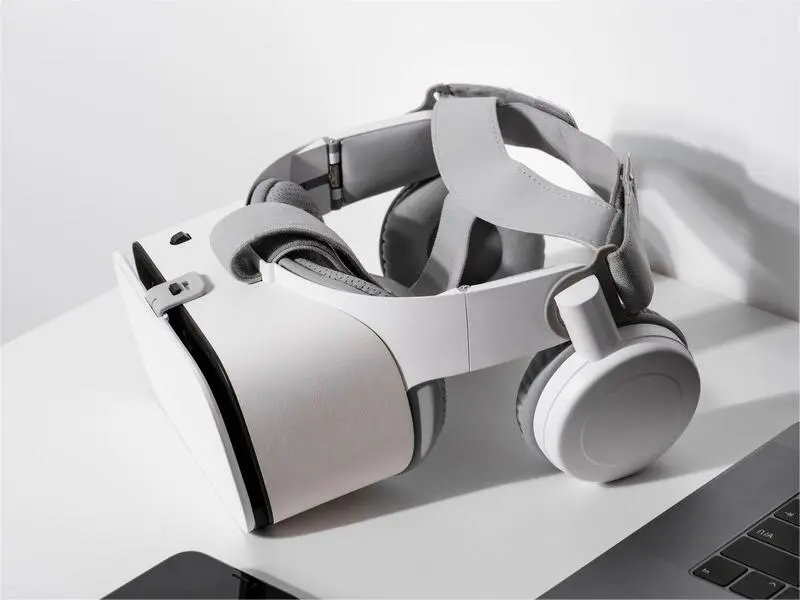- As of April 30th, new apps on the Quest Store will be invisible to Quest 1 users, and developers can no longer upload apps exclusively for the device, with even multi-headset compatible apps intentionally blocked for the older model.
- Meta’s policy shift, announced last year, will end security updates and bug fixes for Quest 1 in August, affecting user access to social features and Oculus SDK support, leading to a diminished experience for the device’s user base.
- The phasing out of Quest 1, launched in 2019 and succeeded by Quest 2 18 months later, raises questions about the accelerated product cycle and potential forced obsolescence, as users may feel compelled to upgrade not for a better experience but to avoid incompatibility with new software.
From May, Oculus Quest 1 users lose new app support as Meta speeds up the headset’s phase-out, reflecting broader changes in VR tech affecting developers and consumers.
Also read: Code snippet shows Quest headset support for panoramic photos
End of Quest 1 support
This is not a reflection of the device’s performance capabilities but is in line with Meta’s announced strategy for the planned obsolescence of the Quest 1.
As of April 30th, new apps released on the Quest Store will not be visible to, nor accessible by, Quest 1 users. Additionally, developers will be restricted from uploading new apps that are exclusively designed for the Quest 1. Even if developers create apps with compatibility for multiple headsets, including the Quest 1, the support for this older model will be intentionally blocked.
Also read: Meta will launch Quest Pro 2 headset in the first half of 2025
Impact on users and developers
Meta’s decision to end support for the Quest 1 was communicated last year and includes the cessation of security updates and bug fixes, which will conclude in August of this year. This policy shift has already resulted in Quest 1 users losing access to some social features, and the Oculus SDK has discontinued support for the device as of April 2023.
VR evolution and consumer impact
The timing of this transition has raised concerns, as the Quest 1 is a relatively recent product, having been released in 2019, and was followed by the Quest 2 just 18 months later. Traditional gaming console generations typically last longer and are marked by significant advancements in technology, which justify the shift in developer focus to newer models. However, with the Quest headsets, Meta is dictating this transition for developers, which may not present a clear or compelling reason for users to upgrade. Instead of offering an enhanced experience as a reason to invest in new hardware, the message seems to be that users must purchase the latest headset or face deliberate incompatibility with new software. This approach can lead to user dissatisfaction and a perception of forced obsolescence, where the decision to upgrade is not driven by desire but by necessity.

